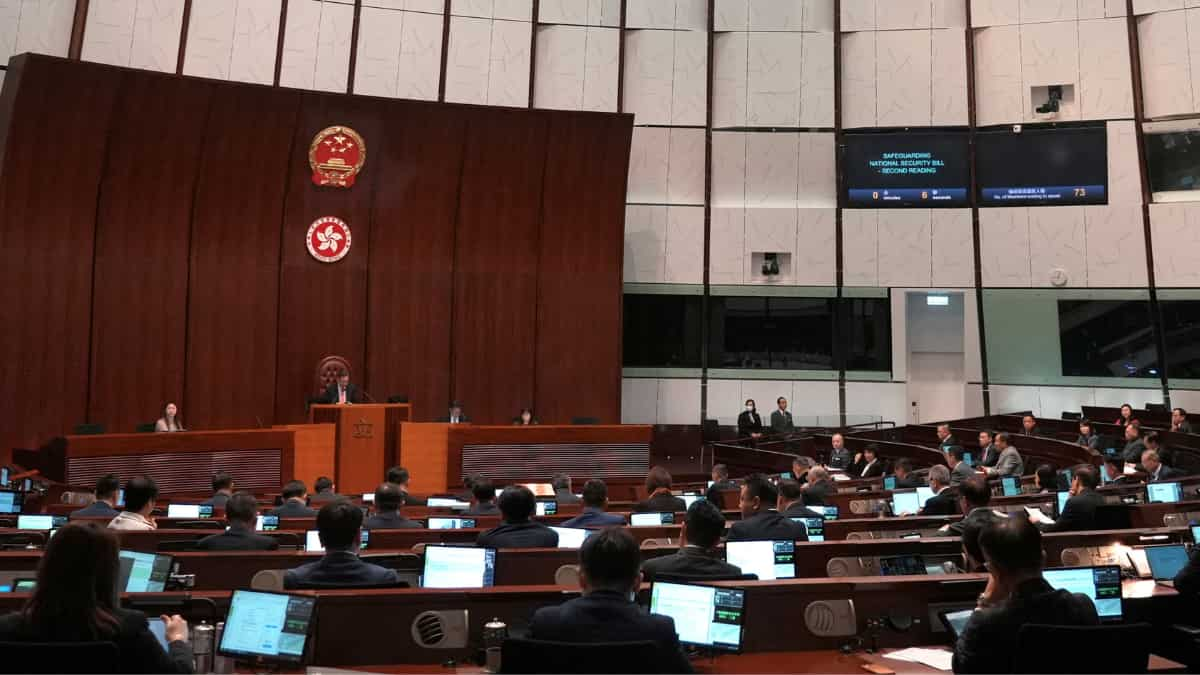Overview of Hong Kong’s New National Security Bill
The Legislative Council of Hong Kong recently approved a new national security bill known as Article 23. This legislation aims to outlaw acts of treason, sabotage, sedition, theft of state secrets, and espionage, with penalties including life imprisonment.
Background of Article 23
Article 23 is set to be incorporated into Hong Kong’s mini-constitution and will complement the existing national security law imposed by China’s central government in 2020. It mandates the prohibition of acts that endanger national security, as outlined in the territory’s Basic Law enacted after the 1997 handover from British colonial rule.
Key Provisions of the New Law
- The proposed law will cover five broad categories of offenses: treason, insurrection, espionage, destructive activities endangering national security, and external interference.
- Hong Kong’s leader, John Lee, emphasized that the new law would uphold human rights and freedoms, while acknowledging that most rights are not absolute.
- The 2019 pro-democracy protests highlighted the importance of national security for the enjoyment of rights and freedoms, according to Lee.
Consultation and Public Feedback
A consultation document addressing issues such as the definition of theft of state secrets and the extraterritorial effect of the law will be released for public review. Feedback on the law will be accepted until February 28, as announced by Lee during a press conference.
Hong Kong’s secretary for security, Tang Pink-keung, stated that the consultation document would also address “shortcomings” in the current handling of alleged national security cases.
Current Prosecutions
Notable cases under the new national security law include the trial of newspaper proprietor and activist Jimmy Lai, who faces charges of conspiracy to collude with foreign forces and sedition. Lai, who has pleaded not guilty, could face life imprisonment if convicted.
















































